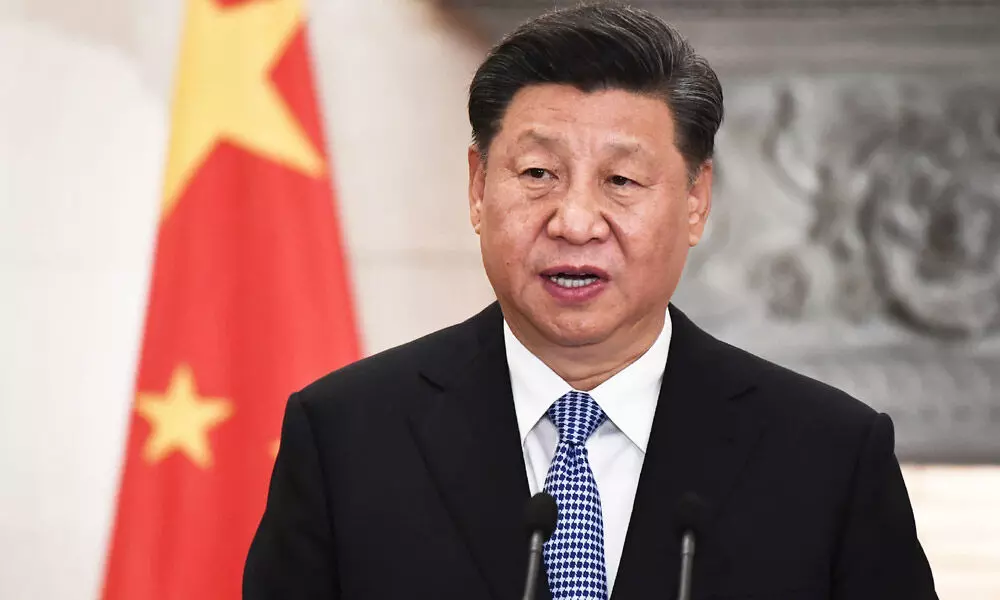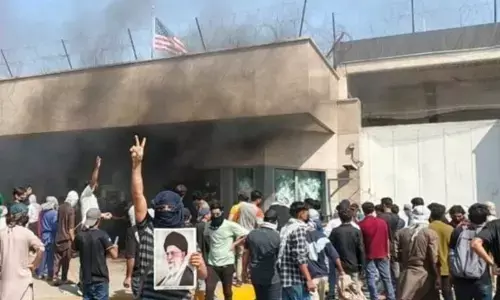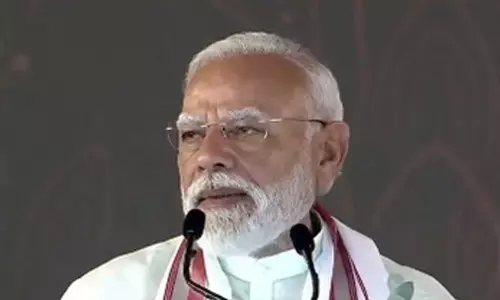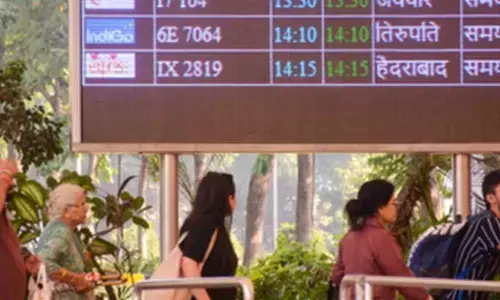UK notes China's brazen human rights violation

China President Xi Jinping
The United Kingdom has accused China of human rights violations amounting to “barbarism” against its Uyghur Muslim minority, as it unveiled new rules to ban imports of goods suspected of using forced labour
The United Kingdom has accused China of human rights violations amounting to "barbarism" against its Uyghur Muslim minority, as it unveiled new rules to ban imports of goods suspected of using forced labour. The abuses were "on an industrial scale", said the country's Foreign Secretary. This, of course, will not help improve the UK's ties with Beijing. The two are already sharpening knives over crackdown in Hong Kong. "It is truly horrific barbarism we had hoped lost to another era, in practice today as we speak, in one of the leading members of the international community," the official told Parliament. "We have a moral duty to respond."
The UK plans to bar British companies which have a role in the human rights violations against Uyghurs in Xinjiang province in Northwest China. The measures included a strengthening of the UK's Modern Slavery Act to introduce fines for businesses not complying with transparency rules, extending the act to the public sector, and an "urgent review" of export controls around Xinjiang. The move stands in contrast to a December trade deal between the European Union and China, which approved major investment and opened up the Chinese market to the 27-member bloc.
The deal was criticised because of widespread claims of forced labour in Chinese supply chains and put the EU out of step with like-minded partners including the US, Australia and the UK, which have all sought to check China's ambitions. The UK left the EU in January last year, and as of January 1 this year is no longer bound by its rules. It is hoping to use Brexit as a way to promote a more globally focused Britain beyond Europe. Its "Global Britain" strategy includes targeted sanctions against human rights violators, which so far has slapped restrictions on individuals and groups from Russia and Saudi Arabia to North Korea.
The UK is also 'watching' India to weigh its business deals as India seems to offer little in return. Earlier last month the United States banned cotton imports from a powerful Chinese quasi-military organisation - the Xinjiang Production and Construction Corps (XPCC) - over forced labour concerns involving detained Uyghurs. The XPCC, founded in 1954 to settle China's far west, produces about a third of Xinjiang's cotton. But similar to Tibet, Xinjiang is a tightly controlled region of China. Many Uyghur communities also live in countries neighbouring China, such as Uzbekistan, Kyrgyzstan and Kazakhstan.
An estimated 3,000 Uyghurs live in Australia. China's President Xi Jinping has overseen a hardline approach towards Muslim minorities living in Xinjiang, especially the Uyghurs. In recent years, the government has installed sophisticated surveillance technology across the region, and there has been a surge in police numbers. Recent reports have identified more than 100 Uyghur intellectuals including writers, poets, journalists and university professors are now among those detained. The persecution of intellectuals, who speak out against oppression, and continue traditional practice, occurs even if they are moderate in their views and working towards reconciliation.
Members of the Uyghur diaspora have been reported as requesting "proof of life" from Beijing over disappeared family members back in Xinjiang. Uyghurs in Australia have reported missing relatives.











